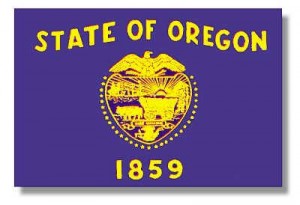In a Summary Opinion, Special Trial Judge Dean found that the petitioner, who testified that he was an accountant, could not deduct the time he spent doing web-site development for his own business. The court explained the distinction between imputed expenses (such as those claimed by the petitioner) and incurred expenses noting that only costs which are actually incurred or paid are deductible under sections 162 and 212 and finding for the respondent.
Read the opinion here:
Mondello v. Commissioner, T.C. Summ. 2011-97


